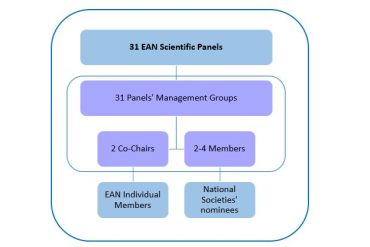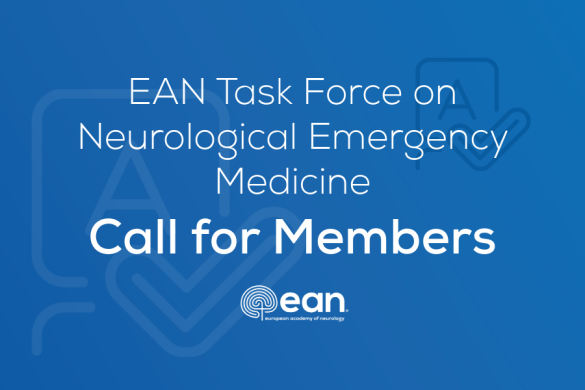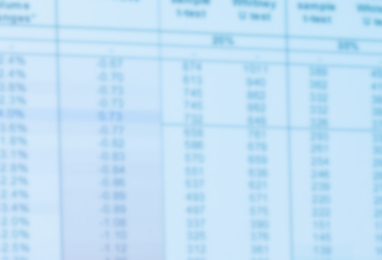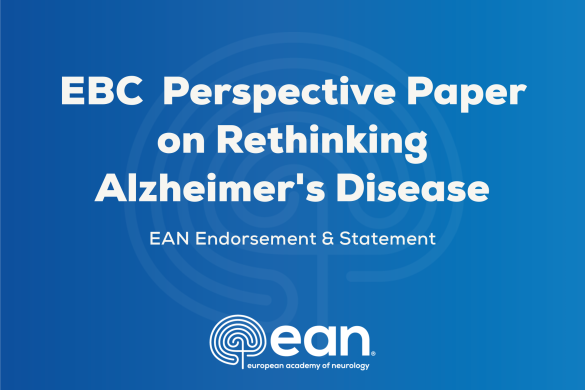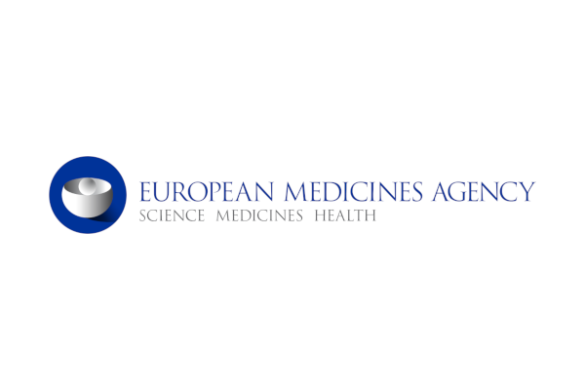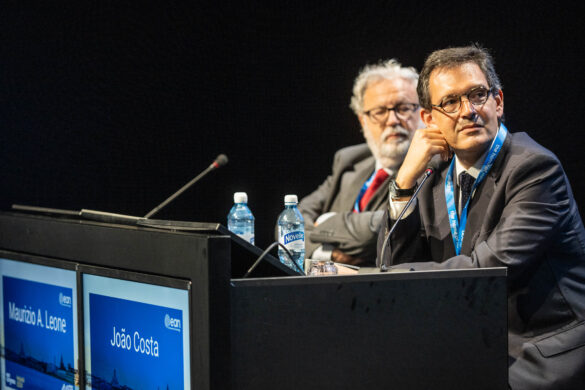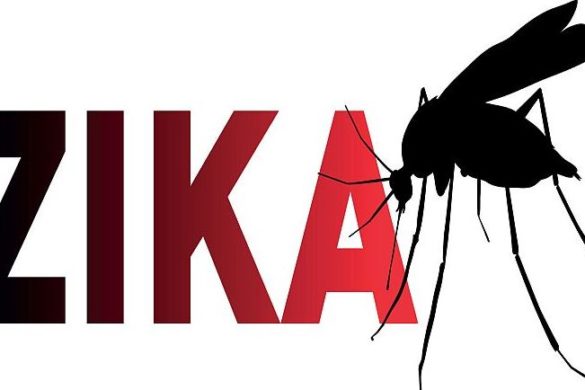by Antonio Federico, Chair of the EAN Scientific Committee
A list of the Rare Neurological Diseases (RND) consists of more than 5000 disorders. Half of them has a neurological interest including the central and peripheral nervous system or muscles, or both of them.
RND are underdiagnosed, therefore a global effort is needed in order to improve knowledge, and to increase number of correct diagnoses. This could be done by disseminating information on rare diseases and on research, and by establishing methods of treatment (for the majority of rare diseases there is no treatment available; in addition, in countries around the world a cooperative effort for “orphan drugs” has started).
Thorough interest in these disorders was stimulated in the USA 30 years ago, followed 10 years later by the European community. Several scientific societies have had a leading role in this field. Neurology plays a major role in diagnosis and care of these diseases. The basic and applied neurosciences in turn in research on their pathogeneses. Accordingly, the EAN is responsible for the promotion of knowledge, information, and research on these diseases within the European neurological community.
The EAN Scientific Committee would like to establish a Working Group, dedicated to this purpose (similar to a Task Force) that will maintain a close contact with the EAN Subspecialty Scientific Panels (SSP).
The Working Group on Rare Neurological Diseases will be formed by three members from each SSP (Chairperson), another member and a delegate from a patient association. The aims of the Working Group are:
- To reduce the rare neurological diseases list through specification of the main symptoms, diagnostic criteria and through production of guidelines for diagnosis.
- To review facilities for diagnosis of RND in Europe (to produce a list of available facilities and their addresses), indicating the main centers interested in different disorders where genetic, biochemical and other laboratory tests are possible.
- To analyse the attitude of European neurologists to RND and to identify the state of the art of this issue in the different European countries.
- To stimulate number of registries for RND, data bank and bio banks. (These are the main aims of the EU, within the research projects in the Biomed Programme.)
- To create European Networks for RND for diagnosis and research.
- To facilitate teaching courses around Europe.
- To act as information service on RND within the EAN, that will be able, with the help of different experts present in the Working Group, to answer questions from patients, families and doctors (online). New data, new findings, research funds, treatment methods shall be presented to the general public. There will be also space for discussion on rare diseases.
With this activity, the EAN recognises the primary role of neurologists in care of these diseases, the necessity to improve the level of organisation of neurological units in Europe and to increase a number of neurologists dealing with care of RND. Moreover, relationship with patient associations shall be stimulated.




